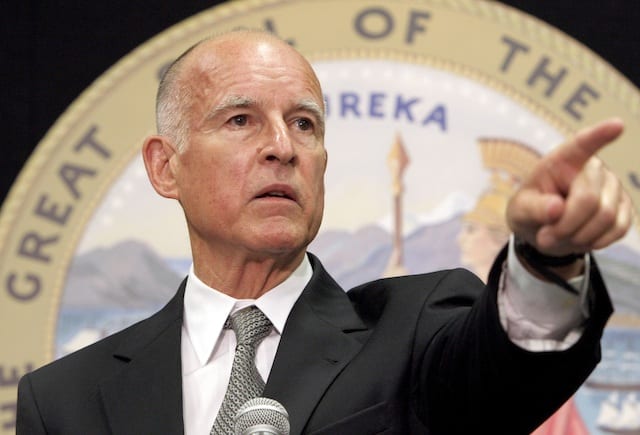Home » Hot off the Press » California Just Admitted the Internet Isn’t in Jeopardy

It would seem California doesn’t think the internet is quite as in jeopardy as it would have had us previously believe.
The state agreed not to enforce its new “net neutrality” law pending the resolut...
No hoodwinking or hornswoggling here.
Support independent journalism and get unlimited access to quality commentary.
Already a subscriber? Login here

Those who wax poetic about American greatness often make reference...Read More
The Bureau of Labor Statistics (BLS) recently reported that the...Read More
It wasn’t about Israel. It was Nov. 28, 1941. Israel,...Read More
Zakiya Carr Johnson hates the American system. She hates American...Read More
